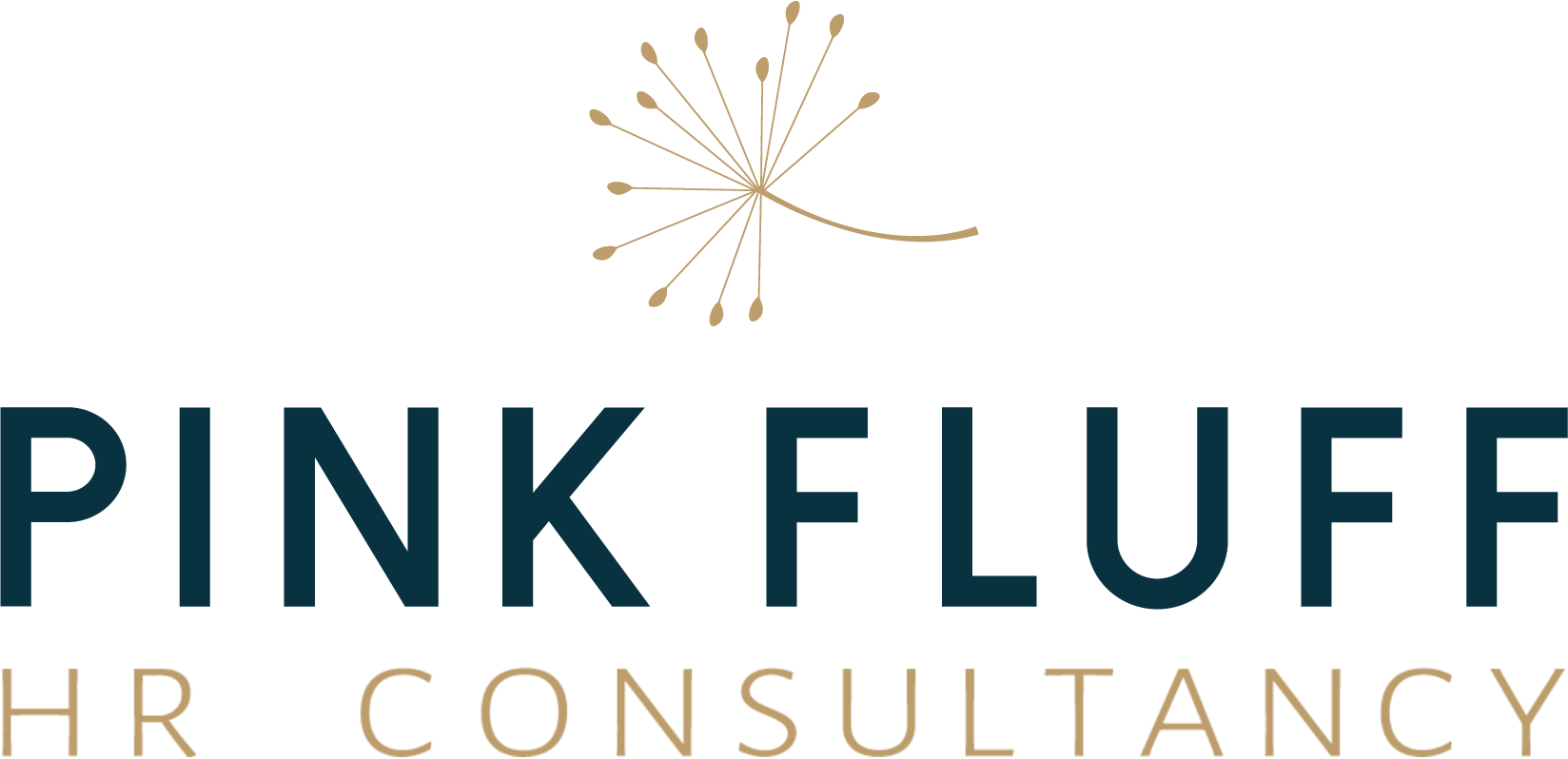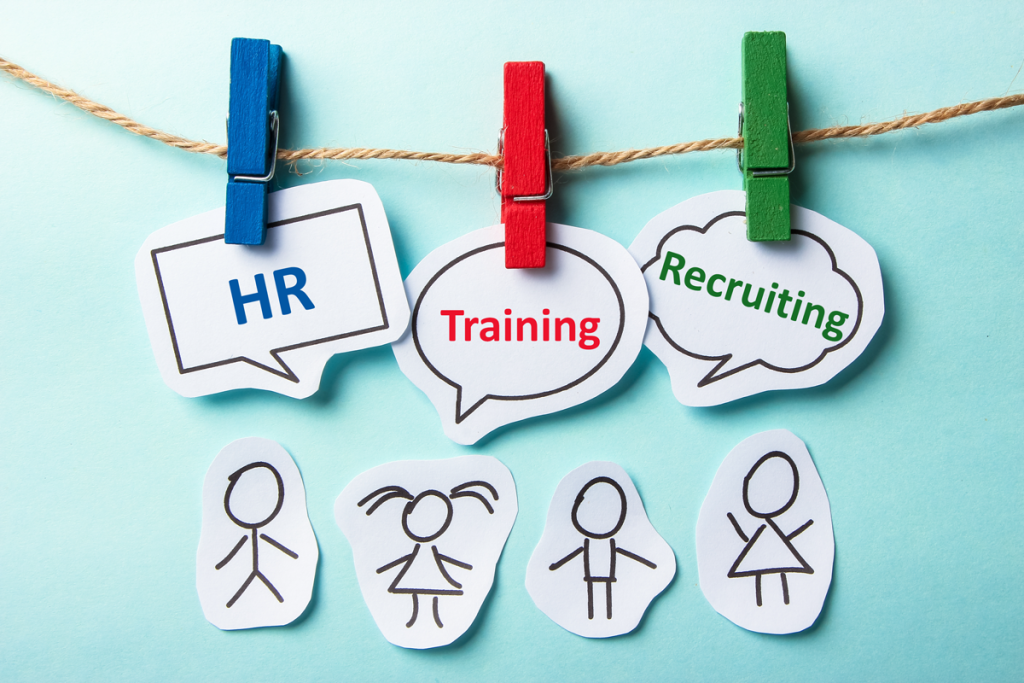Your people are your greatest resource and assets. One way to be sure your business will succeed is to look after your employees. Treat your people fairly, manage them well, provide them with opportunities and they will help you to achieve your ideas and ace your business plan. Treat employees badly or with mediocrity and they will underperform or leave.
One of the questions that plagues SMEs is ‘when is the right time to devote money to human resources?’ Human resources is important to any business from its inception.
What exactly is human resources?
Human resources (HR) is the umbrella term used to describe the management and development of employees in an organisation. Ultimately, it’s all about increasing employee performance.
Traditionally HR focused on hiring, firing and the old-school annual pay review. These days HR has been positively reframed, covering a much wider remit. Basic functions of HR include recruitment and onboarding, performance management, putting processes in place such as holiday management, training, development and employment law compliance.
In addition, HR today plays a significant role in developing a positive business culture and improving employee engagement and productivity, both of which are critical to business success. Employee wellness and personal development are also increasingly recognised as essential aspects of HR.
Why is HR so important?
In a small business, HR can be easily overlooked. Many entrepreneurs get their businesses off to a flying start but grapple with people management as the business starts to flourish. Managing employees takes time and it requires specific skills.
As a business grows, leaders often find there just isn’t time to deal with day-to-day people management and recruitment and the focus on people can easily get lost. Comprehensive HR is crucial for success. Without a talented and focused team, your business may struggle to grow.
HR covers so much more than hiring, firing and pay reviews. It encompasses all aspects of people management, communication and is pivotal in building a positive culture. Get HR and the partnership right and you are half way to making your business dreams a reality.
Consider the consequences of poor HR. When employees don’t feel supported, aren’t being given opportunities, work long hours, and so on, their motivation to perform is impacted. Under-deliver on effective HR and it has a knock-on effect on your bottom line.
What are the main functions of HR?
Recruitment and onboarding
Finding the right people to work in your business is vital. Identifying what type of employee you are trying to attract and if they fit in with your values starts at the beginning of the process.
The importance of onboarding is perhaps the most underestimated part of the recruitment process. What is onboarding? Onboarding refers to the whole experience of hiring, welcoming, orienting and engaging a new recruit and assimilating them into the culture of your organisation.
Poor onboarding can have a hugely negative impact and leave talented new employees disengaged from the word go. Good onboarding maximises employee engagement and increases retention.
Objective setting
The importance of setting SMART objectives is to ensure a sharp focus on delivering the key business priorities for the upcoming year. Employees objectives need to be aligned to the business plan and there should be a downward cascade approach to make sure everyone is clear and held accountable for their part of the business and role.
Priorities may change and therefore objectives need to reviewed regularly.
Performance management and training
Performance management, training and development are a big part of HR. Almost all employees will have focus areas in their workplace skills. Performance management helps to address those issues. An effective performance management system enables managers to offer support to employees who need it and identify future superstars.
Learning opportunities contribute to better employee engagement, increased productivity, reduced employee turnover and add to a more positive culture.
Investing in your employees strengthens your organisation and gives your business a competitive edge.
Culture
Positive business culture is no longer a nice-to-have – it drives employee engagement, job satisfaction, employee retention and it defines business success. HR plays a key role in developing, reinforcing and changing the culture of an organisation.
Getting culture right isn’t easy. It requires a multi-pronged approach and needs consistent nurturing. Essentially, HR plays a significant role in setting the right tone when it comes to company culture.
Communications
Every business requires effective communication to operate. Most businesses involve people and rely on a series of interactions with others. Communication forms the basis of your culture.
Good communication mitigates misunderstandings, increases employee engagement, forms the basis for better client relationships, encourages innovation and creativity and helps to build a positive culture.
Legal and regulatory compliance
HR professionals have a full understanding of employment law and all of the regulatory requirements of a business when it comes to their people. This is a huge area and shouldn’t be underestimated. An unfair dismissal claim could be an expensive mistake.
Employing a dedicated HR professional isn’t a luxury for SMEs, it’s essential. It’s common for entrepreneurs to start out their business wearing the HR hat, but looking after HR and the complexities of employment law can be time-consuming and lead to inefficient use of time.
People invest in people and companies who invest in them.

